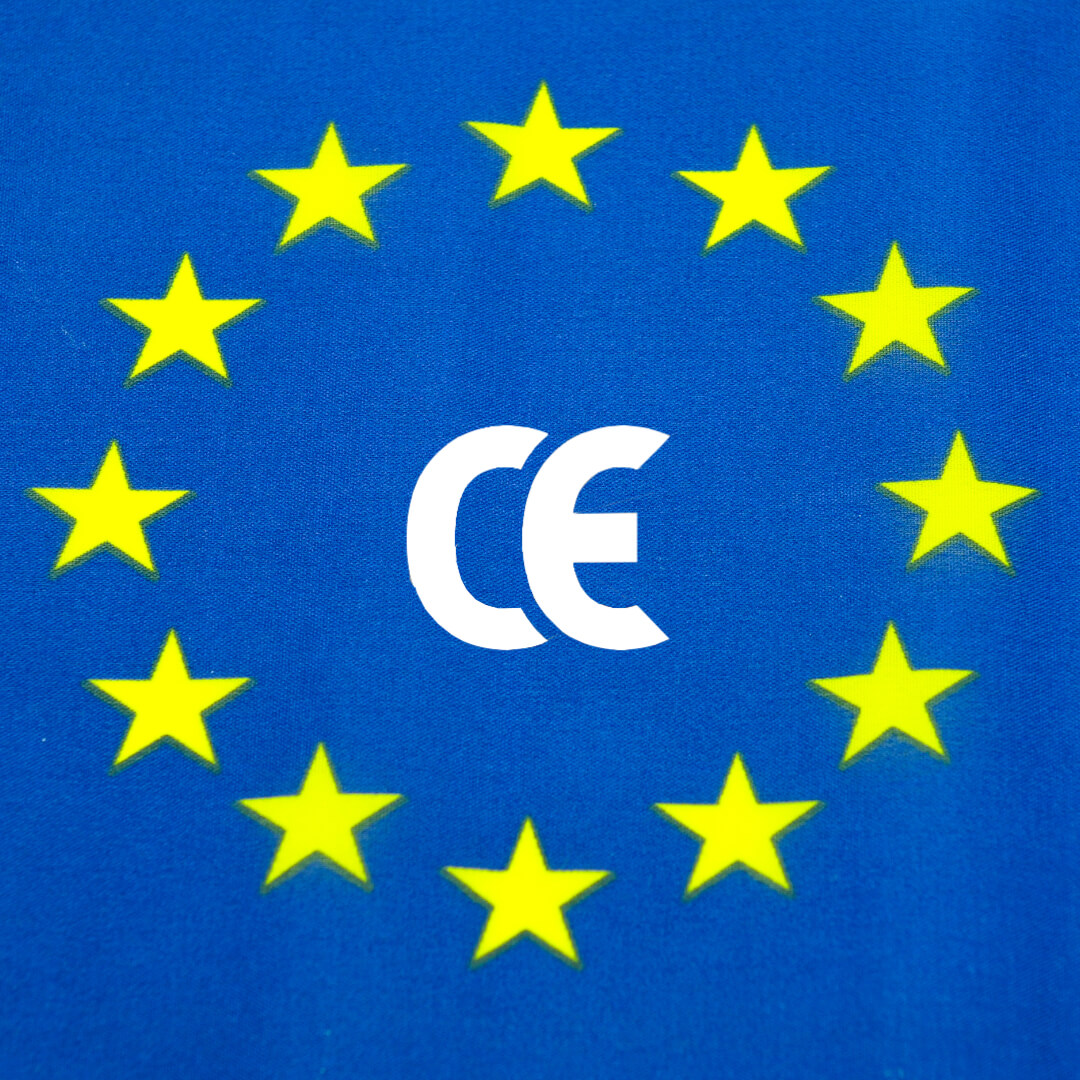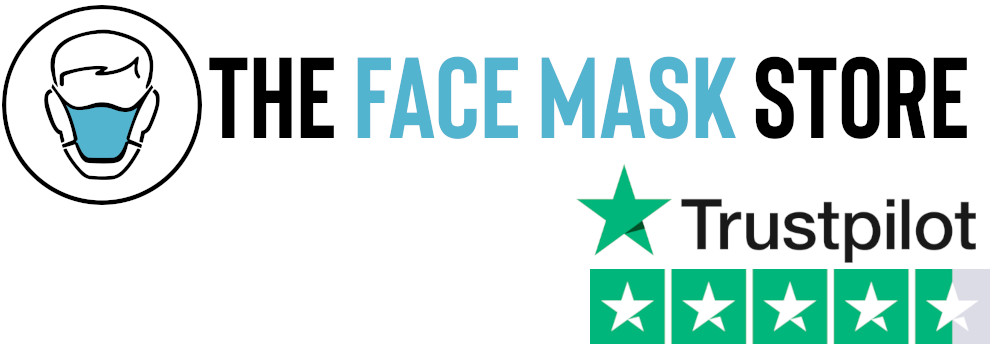CE Certification: Crucial for the Respiratory Industry's Safety and Quality Standards
Posted by K on 13th Jul 2023
CE Certification: Crucial for the Respiratory Industry's Safety and Quality Standards

In the respiratory industry, the safety and quality of products is key. An important part of meeting these standards is by getting CE approval.
CE certification is a mandatory conformity marking for products sold within the European Economic Area (EEA) and plays a crucial role in the respiratory industry.
From understanding what CE certification entails to exploring its importance, this article will equip you with the knowledge needed to make informed decisions.
What Is CE Certification?
In order to be sold within the EU, many items need to have the CE classification. (Conformité Européene = European Conformity)
When products are labelled with the CE certification, it means that this has been evaluated by the manufacturer and found to be in compliance with health & safety and environmental protection standards set by the European Economic Area (EEA) + three additional countries: Norway, Iceland, and Liechtenstein..
Products made worldwide must comply with this regulation before being sold within the EU.
Such as the respiratory business. It's confirmation that a product is up to standards with EU rules and standardised regulations.
These requirements cover all areas of performance, design, manufacturing, labelling and documentation.
The CE certification enables the free movement of goods within the EEA whilst assuring consumers that the products purchased meet the quality standards.
The Importance Of CE Certification In The Respiratory Industry
The respiratory industry deals with products that directly impact the respiratory health and well-being of individuals. CE certification plays a vital role in upholding safety and quality standards within this sector.
Here's why CE certification is crucial:
Compliance with Safety Regulations:
CE certification ensures that respiratory products comply with essential safety regulations defined by EU directives and standards.
By obtaining CE certification, manufacturers demonstrate their commitment to producing safe and reliable respiratory devices, protecting users from potential hazards and health risks.
Product Quality Assurance:
CE certification provides assurance to consumers that the product they are purchasing meets high-quality standards.
Products undergo various tests, assessments, and quality control checks to ensure their reliability, functionality, and durability.
Standardization and Compatibility:
CE certification encourages standardization and compatibility of respiratory products across the EEA.
Harmonized standards ensure that products from different manufacturers are consistent, making it easier for people to select, use, and maintain respiratory equipment.
Enhanced Market Access:
CE certification is a legal requirement for placing respiratory products on the market within the EU. Without CE certification, manufacturers cannot sell their products in the region.
Compliance with CE certification requirements opens doors to a broader market, expanding business opportunities and increasing product visibility.
Customer Confidence and Trust:
CE certification builds customer confidence and trust in respiratory products.
The CE marking signifies that the product has met strict regulations, undergone comprehensive testing, and is deemed safe for use.
Consumers are more likely to trust products bearing the CE mark, making it easier for them to make informed purchasing decisions.
How To Obtain CE Certification
Obtaining CE certification for respiratory products involves several steps.
Here's a general overview of the process:
Identify the Applicable Directives:
Determine the EU directives and standards applicable to your specific respiratory product.
Directives such as Medical Devices Directive (MDD) or In Vitro Diagnostic Medical Devices Directive (IVDD) may apply.
Assess the Conformity Requirements:
Review the relevant directives and harmonized standards to understand the essential requirements for your respiratory product. These requirements cover design, manufacturing, performance, labelling, and documentation.
Engage a Notified Body (if required):
Certain respiratory products, such as high-risk medical devices, require involvement from a Notified Body—an independent third-party organization responsible for assessing product conformity.
Notified Bodies provide expertise and conduct audits, testing, and technical file reviews.
Perform Conformity Assessment:
Conduct a conformity assessment based on the chosen conformity assessment procedure. This may involve testing, quality control checks, and inspection to ensure compliance with the essential requirements.
Compile Technical Documentation:
Prepare technical documentation that demonstrates conformity with the relevant directives and standards. This documentation includes information on the product's design, manufacturing process, risk assessment, and user instructions.
Affix the CE Marking:
Once all requirements are met, affix the CE marking to your respiratory product. The CE marking should be visible, legible, and accompanied by necessary information, such as the identification number of the Notified Body (if applicable).
FAQ's
What does CE stand for?
CE stands for Conformité Européene, which translates to European Conformity in English.
Is CE certification mandatory?
Yes, CE certification is mandatory for many products sold within the EU, including respiratory devices.
What are the benefits of CE certification?
CE certification ensures that products meet essential health, safety, and environmental protection standards. It enhances market access, builds customer confidence, promotes standardization, and demonstrates compliance with regulatory requirements.
How does CE certification impact product safety?
CE certification ensures that respiratory products comply with essential safety regulations, protecting users from potential hazards and health risks.
Can products without CE certification be sold in the EEA?
Products without CE certification cannot be legally sold within the EEA. CE certification is a legal requirement for market access in the region.
How can consumers verify the authenticity of CE certification?
Consumers can verify the authenticity of CE certification by checking the validity of the CE marking, including its design and accompanying information. They can also request supporting documentation from the manufacturer.
Conclusion
CE certification plays a key role in maintaining safety and quality within the respiratory industry. It ensures that respiratory products comply with essential health, safety, and environmental protection standards, giving consumers confidence in their purchases.
By getting CE approval, manufacturers show their commitment to meeting regulations and making safe and reliable respiratory solutions.
From compliance with safety regulations to enhanced market access and customer trust, CE certification offers numerous benefits to both manufacturers and consumers alike.
As the respiratory industry continues to evolve, CE certification remains a cornerstone for upholding the highest standards of safety and quality.



